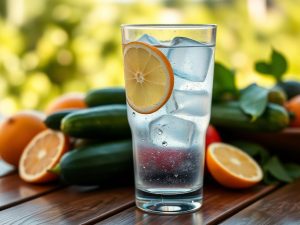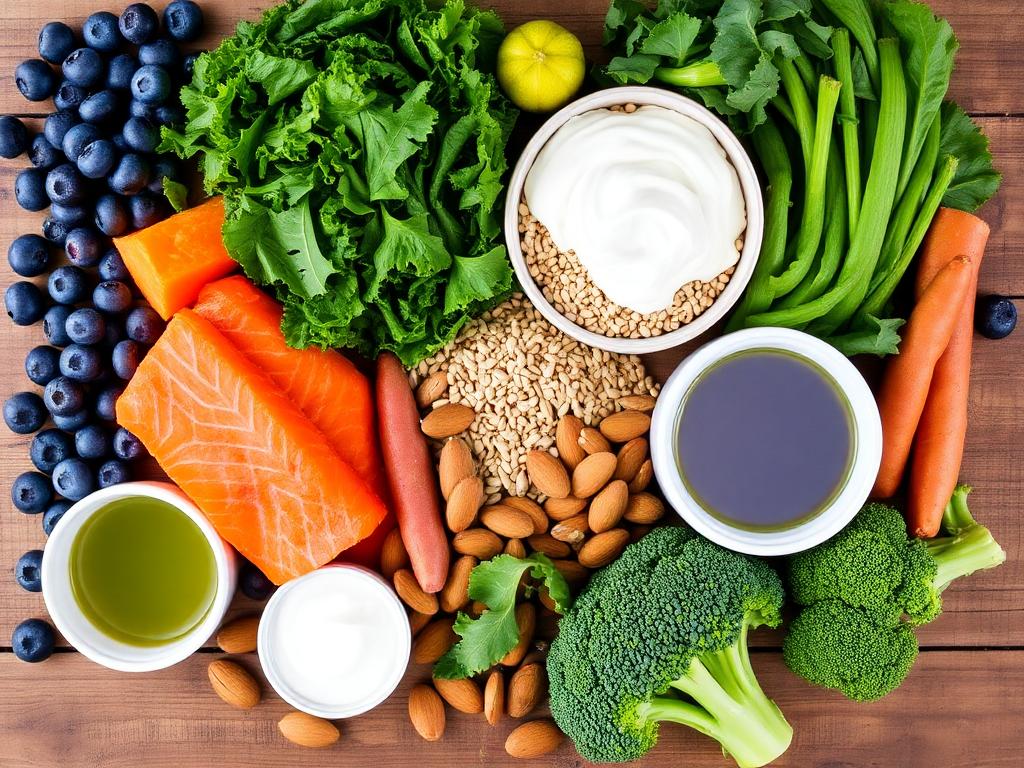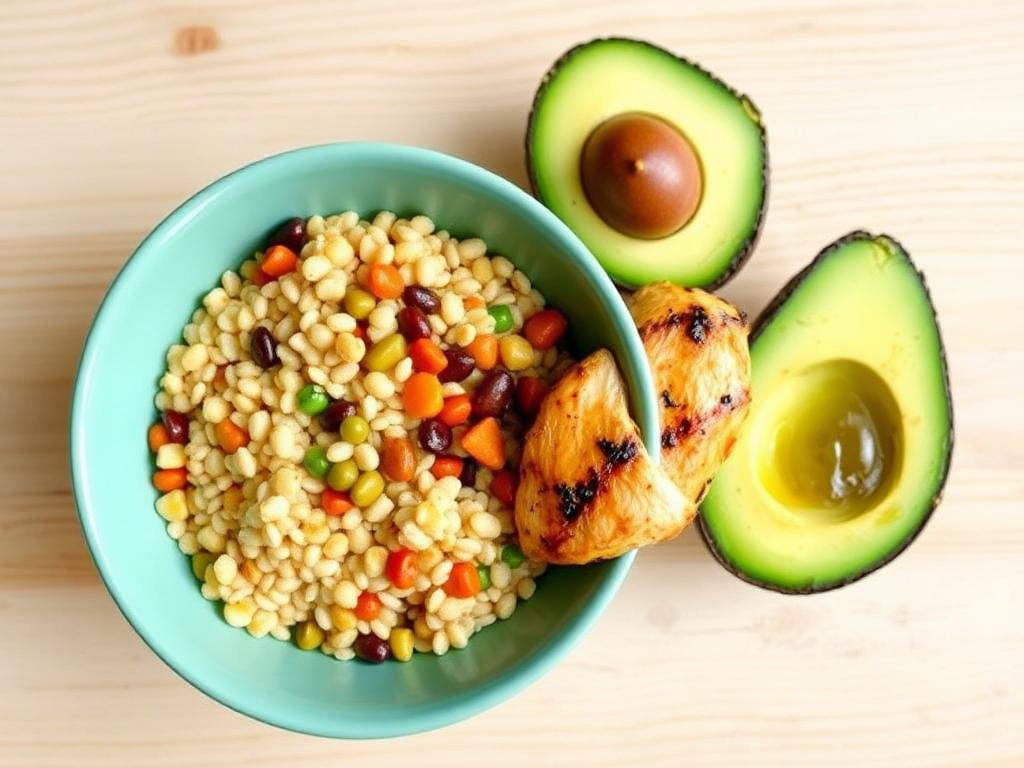Hydration: How Much Water Do You Really Need?

Water is essential for life, making up around 60% of our body weight. Proper hydration supports everything from regulating body temperature to ensuring optimal brain function. But how much water should you really be drinking daily? Let’s dive into the facts, debunk the myths, and help you create a personalized hydration plan.
Why Is Hydration Important?
Staying hydrated is crucial for:
- Brain Function: Dehydration can lead to fatigue, headaches, and lack of focus.
- Physical Performance: Water helps maintain energy levels and muscle function.
- Body Temperature Regulation: It cools the body through sweating.
- Digestive Health: Adequate water intake prevents constipation.
- Detoxification: Kidneys rely on water to filter waste.
How Much Water Do You Really Need?
The age-old advice of drinking 8 glasses (2 liters) of water daily is a good starting point, but individual needs vary. Factors include:
- Body Weight: Larger bodies generally need more water.
- Activity Level: Active individuals lose more water through sweat.
- Climate: Hot, humid environments increase water needs.
- Diet: Salty, sugary foods, and alcohol can increase dehydration risks.
- Health Conditions: Illness, pregnancy, and breastfeeding can require higher intake.
Signs You Need More Water
Your body signals dehydration in several ways:
- Thirst
- Dry mouth or lips
- Dark yellow urine
- Fatigue or dizziness
- Reduced urination
Hydration Myths Debunked
- Myth: You must drink 8 glasses of plain water daily.
Fact: Foods like fruits, vegetables, and soups contribute to hydration. - Myth: Coffee and tea dehydrate you.
Fact: While caffeine is a mild diuretic, moderate coffee or tea still contributes to your fluid intake. - Myth: If you’re thirsty, you’re already dehydrated.
Fact: Thirst is a natural indicator to drink more water.
Tips to Stay Hydrated
- Start Your Day with Water: Drink a glass of water as soon as you wake up.
- Carry a Water Bottle: Keep one handy to remind yourself to drink throughout the day.
- Set Hydration Goals: Apps can help track your intake.
- Eat Hydrating Foods: Include cucumbers, watermelons, and oranges in your diet.
- Listen to Your Body: Don’t force yourself to drink excessive amounts—drink when thirsty.
Hydration for Special Groups
- Children: Encourage regular water breaks, especially during play.
- Elderly: Reduced thirst sensations can lead to dehydration; monitor intake.
- Athletes: Rehydrate with water and electrolytes after intense workouts.
When to Seek Medical Advice
If you experience persistent dehydration symptoms such as extreme thirst, dry skin, or confusion, consult a healthcare professional.
Conclusion
Hydration is not one-size-fits-all. Understanding your body’s unique needs, environment, and lifestyle will help you maintain optimal hydration levels. Remember, water isn’t just a drink—it’s a cornerstone of good health. So, drink up and stay healthy!


